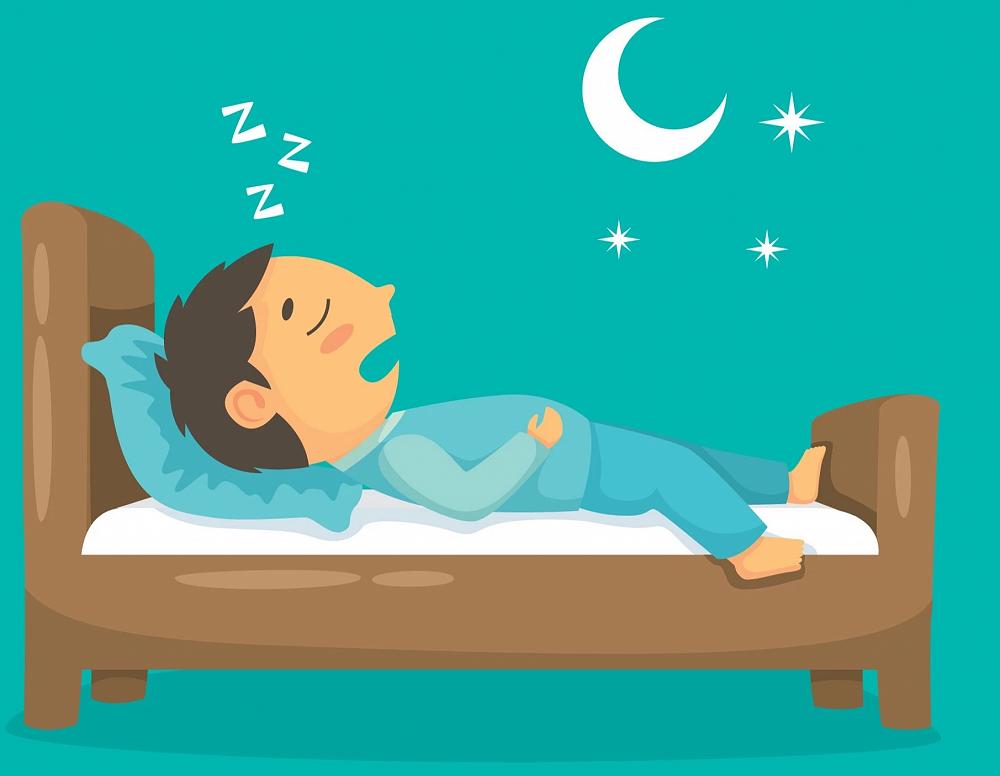
Prioritising Sleep
Whether you have a child who needs 12 hours of sleep each night otherwise they are grumpy or moody the next day, or a child who averages 9 hours a night and is consistently happy and functioning, knowing what your child’s sleep needs are is important.
Sleep is just as important for our children as is a healthy diet and regular physical activity. Sleep prepares our children for the day ahead so that they can learn effectively, make good decisions, and keep healthy and well. As parents, I am sure we can all remember the impact of interrupted sleep with a newborn in the house, but I am sure we also noticed how we adapted and coped with limited sleep. It really is incredible what our bodies and minds can cope with, but it is also important to remember that good sleep routines should be what we consistently aim for - for ourselves as well as our children. Dr Maree Barnes, the former president of the Australasian Sleep Association, says there is a "huge problem" with lack of sleep (For more information see the article: “The importance of sleep and how to help your child get it”). I hope that this newsletter can act as a prompt to check in and ensure that your child is getting the best possible night’s sleep.
Make time to check in with your son’s sleeping
Remember that change can impact sleep routines. It is often a good idea to regularly discuss and check in with your son’s sleep routines, even if your son is getting good sleep, so that you can plan ahead for when sleep may be impacted eg due to illness, a trip away, your son’s sleep patterns changing or staying up late to watch the Commonwealth Games!
Each term, take the time to review your son’s schedule. Does he want to start a new sport or activity and does he have the time to do this alongside what he is already doing? It may be that your son’s sleep and energy levels are impacted if he is busier than usual and this may impact his wellbeing. I would certainly recommend that your son does a few things well rather than doing lots of things in a rush. It may be that you agree for your son to try one new activity this year and another one the year after. Whatever you decide, it will be important to check in with how your son is coping and whether he is still getting good sleep.
Make a plan for sleep
Be intentional about having a clear bedtime routine, including things such as a bath or shower, getting changed into pyjamas, brushing teeth and reading a book. A consistent routine will help establish a clear bedtime and waking time.
Avoiding a big meal and screen time at least an hour before bedtime is also important in terms of allowing the body and brain to feel prepared and settled for sleep.
Experts in the area of sleep suggest that aiming for a consistent bedtime, as often as possible, and keeping phones out of the bedroom is important. This can become more difficult as your child gets older as they have increased amounts of homework, sports and social activities, and phones become a part of their life.
Whilst there are some slight variations across websites, the advice is that primary aged children should get 10-12 hours sleep a night; high school aged students should get 8-10 hours sleep a night; and adults should get 7-9 hours sleep a night.
If your child has trouble getting to sleep, here are some tips from Health Navigator New Zealand:
make sure they’re not going to bed too early or too late for them, and if so, adjust their bedtime by 15 minutes a night
make sure that there’s no noise from the TV or other activity near their bedroom disturbing them
teach them how to use their breath to quieten their mind by focusing on slow breathing
help them learn to sleep without you in the room, by leaving the room with the lights out before they fall asleep
until it comes naturally, acknowledge good behaviour around sleep with praise and other rewards, eg, stickers
try to make sure that your child only uses their bed for sleeping – lying on a bed and doing other activities (eg, watching a computer) makes it hard for their brains to associate their beds with sleep.
The Health Navigator New Zealand page on Sleep and Children has an extensive list of resources and guidelines for parents if this is an area you would like to look into further.
Kidshealth has some useful information and a range of resources and advice for parents of children with sleep challenges. Topics include nightmares, sleep and anxiety, night waking, sleep and breathing and sleep resistance.
Image sourced from: https://www.drrahulseldercare.com/post/guide-to-good-sleep
Jenelle Hooson
Jenelle is a Registered Provisional Member with NZAC (New Zealand Association of Counsellors).
If you wish to discuss the services the School Counsellor can provide, please see your son’s homeroom teacher or Scott Johnson: scott.johnson@medbury.school.nz.